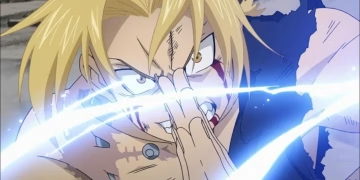Japan’s Mangamura, once the largest manga piracy site, faced a historic verdict on April 18, 2024. It was ordered to pay a staggering 1.7 billion yen, equivalent to around US$11 million.
This ruling came after a lawsuit filed by major publishing companies Shogakukan, Kadokawa, and Shueisha. The Tokyo District Court issued this order on April 8, marking the largest compensation ever awarded for damages caused by a piracy website, as reported by Nikkei.

Mangamura began its operations in February 2016 and quickly gained immense popularity, with over 537 million accesses at its peak. It hosted around 70,000 volumes of manga and caused an estimated damage of 320 billion yen before being shut down in April 2018.
Manga Piracy Is Declining in Japan But Increasing Outside
In response to the verdict, the three publishers released a joint statement affirming their commitment to protecting their works through all possible means against infringement.
However, Mangamura’s operator expressed disappointment, claiming a lack of fairness in the judgment and considering a retrial, citing financial constraints. Previously, in June 2021, he had received a three-year prison sentence.
The court found Mangamura guilty of manually uploading manga images and connecting to third-party servers hosting illegally obtained material.
Despite Mangamura’s argument that it couldn’t be held accountable for piracy by third parties, the court ruled against it. Another popular manga reading platform, Tachiyomi, adopted a similar modus operandi but avoided legal repercussions by blocking third-party connections and halting development.
Japan’s stringent stance against piracy has yielded significant results, with domestic manga piracy plummeting nearly two-thirds, from 1.019 trillion yen in 2021 to 381.8 billion yen in 2023. However, piracy remains a growing concern beyond Japan’s borders.

Overseas video and publishing piracy surged five-fold from 2021 to 2022, according to Nikkei. The challenges in prosecuting piracy operators are exacerbated by the ability to conceal the location of piracy servers, as demonstrated when Aniwatch, the world’s largest anime piracy site, swiftly relocated after an Indian blocking order.
As Japan witnesses a decline in piracy, its anti-piracy group, CODA, continues its efforts in collaboration with partners in the U.S. to combat piracy globally.
A recent contract extension with the Motion Picture Association (MPA) aims to develop new strategies to address online copyright infringement worldwide and enhance joint copyright protection initiatives.





